
Bethlehem: A Journey Through History and Culture
Bethlehem, located in the West Bank, is a city rich in history and culture. Known primarily as the birthplace of Jesus Christ, it attracts millions of visitors each year. The Church of the Nativity stands as a testament to this significant event, with its stunning architecture and deeply spiritual atmosphere. Beyond its religious significance, Bethlehem offers a vibrant cultural experience. Wander through the bustling markets where you can find local crafts, spices, and delicious Middle Eastern cuisine. The city is also home to several museums and art galleries that showcase the region's rich history and contemporary art scene. Bethlehem's natural beauty is equally captivating. The surrounding hills and valleys provide breathtaking views and numerous hiking opportunities. The city's friendly locals are always eager to share their stories and traditions, making your visit even more memorable.
Local tips in Bethlehem
- Visit the Church of the Nativity early in the morning to avoid crowds and have a more peaceful experience.
- Try the local cuisine, especially the fresh falafel and kanafeh, a traditional Palestinian dessert.
- Hire a local guide to gain deeper insights into the city's history and culture.
- Explore the local markets for unique souvenirs and handmade crafts.
- Respect local customs and dress modestly, especially when visiting religious sites.
Bethlehem: A Journey Through History and Culture
Bethlehem, located in the West Bank, is a city rich in history and culture. Known primarily as the birthplace of Jesus Christ, it attracts millions of visitors each year. The Church of the Nativity stands as a testament to this significant event, with its stunning architecture and deeply spiritual atmosphere. Beyond its religious significance, Bethlehem offers a vibrant cultural experience. Wander through the bustling markets where you can find local crafts, spices, and delicious Middle Eastern cuisine. The city is also home to several museums and art galleries that showcase the region's rich history and contemporary art scene. Bethlehem's natural beauty is equally captivating. The surrounding hills and valleys provide breathtaking views and numerous hiking opportunities. The city's friendly locals are always eager to share their stories and traditions, making your visit even more memorable.
When is the best time to go to Bethlehem?
Iconic landmarks you can’t miss
Church of the Nativity
Experience the profound spirituality and historical significance of the Church of the Nativity in Bethlehem, the birthplace of Jesus Christ.
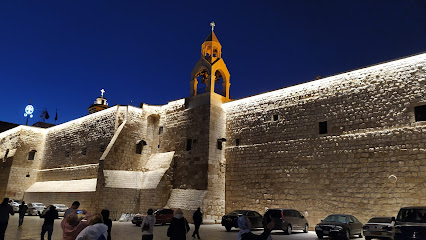
Chapel of the Shepherds’ Field
Explore the Chapel of the Shepherds’ Field in Beit Sahour, a serene and spiritual site rich in biblical history and breathtaking landscapes.
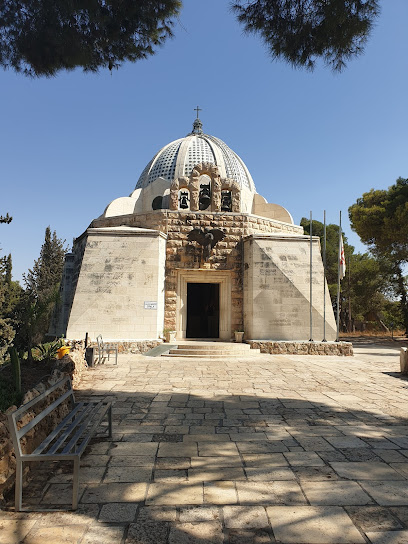
Nativity Hotel
Experience the rich history of Bethlehem while enjoying modern comforts at Nativity Hotel, your perfect base for exploration.

Shepherds' Field
Explore the serene Shepherds' Field in Beit Sahour, a site of biblical significance and stunning natural beauty, perfect for spiritual reflection and history.
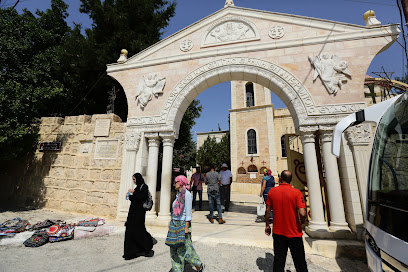
Solomon's Pools
Discover the historical and natural wonders of Solomon's Pools, an archaeological site in Bethlehem offering stunning landscapes and rich cultural heritage.
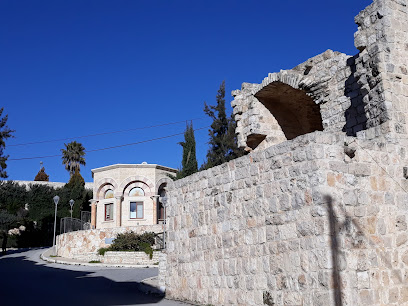
Milk Grotto Church
Experience the serene beauty and spiritual significance of Milk Grotto Church in Bethlehem, a sacred site steeped in history and faith.
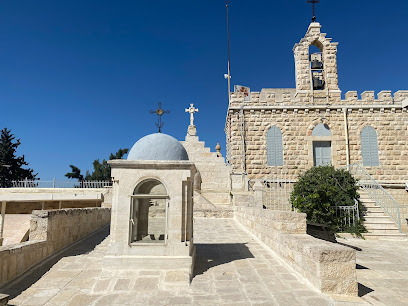
Palestinian Heritage Center
Explore the Palestinian Heritage Center: A vibrant cultural hub showcasing the rich history, art, and traditions of Palestine in the heart of Bethlehem.
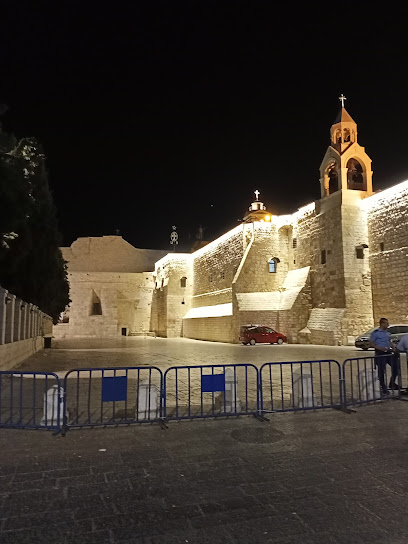
Rachel's Tomb
Discover the sacred heritage of Rachel's Tomb, a revered site in Bethlehem, rich in history and spiritual significance for pilgrims and tourists alike.
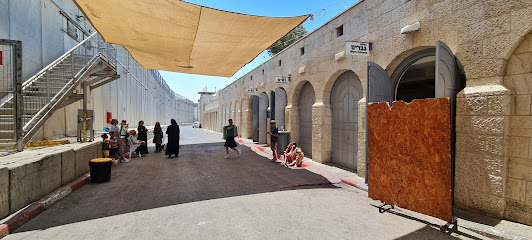
Convention Palace Company - CPC
Discover the Convention Palace Company in Bethlehem, a premier convention center blending modern facilities with rich cultural heritage.
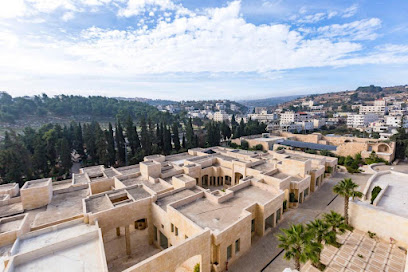
Taxi Ali Bethlehem Tours services
Experience the heart of Bethlehem with the reliable and friendly taxi services of Taxi Ali, your local guide to unforgettable adventures.
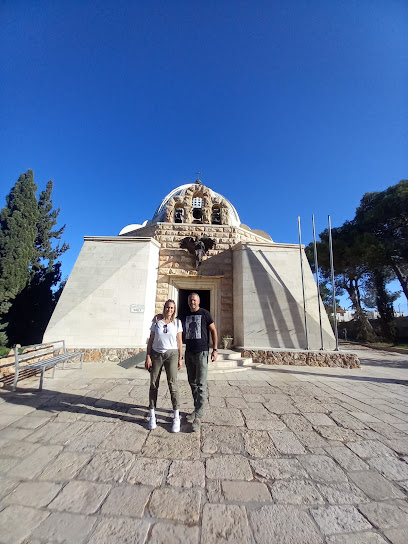
House Of Peace
Experience the heart of Bethlehem with a stay at House of Peace, a cozy hostel offering culture, comfort, and community.
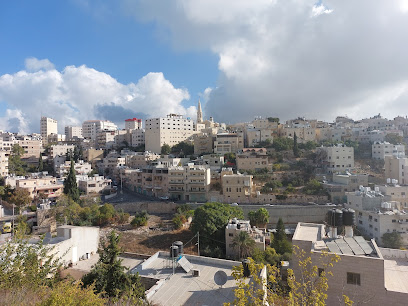
Herodion Hotel Bethlehem
Discover comfort and culture at Herodion Hotel in Bethlehem, your gateway to exploring the historic heart of the Holy Land.
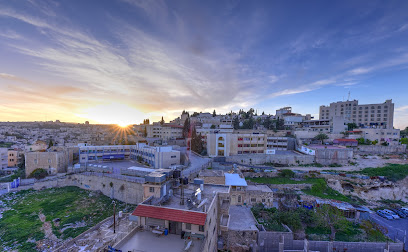
Bab IdDeir Gallery & Kitchen
Discover the heart of Palestinian cuisine and culture at Bab IdDeir Gallery & Kitchen in Bethlehem, a perfect blend of culinary delight and local artistry.
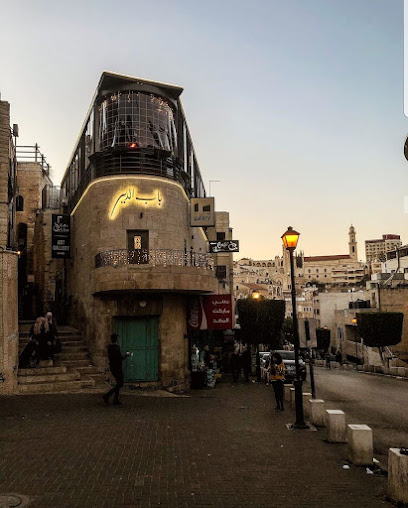
Bethlehem Cave
Experience comfort and local charm at Bethlehem Cave, a tranquil guest house in the heart of Bethlehem, close to iconic historical landmarks.
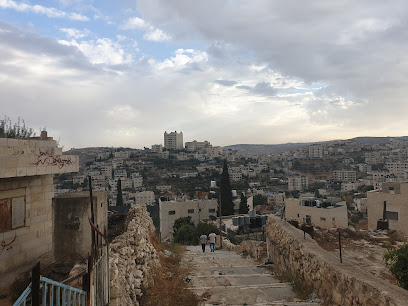
Chapel of Saint Catherine
Discover the tranquil beauty and rich heritage of the Chapel of Saint Catherine, a historic church nestled at the foot of Mount Sinai in Israel.
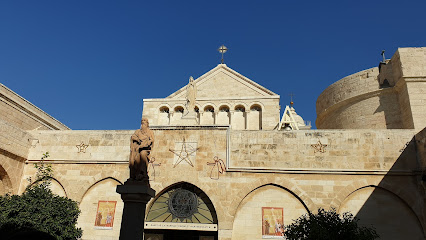
Unmissable attractions to see
Mahaneh Yehudah Market
Explore the vibrant Mahaneh Yehudah Market in Jerusalem, where culture meets culinary delights in a historic marketplace full of life.
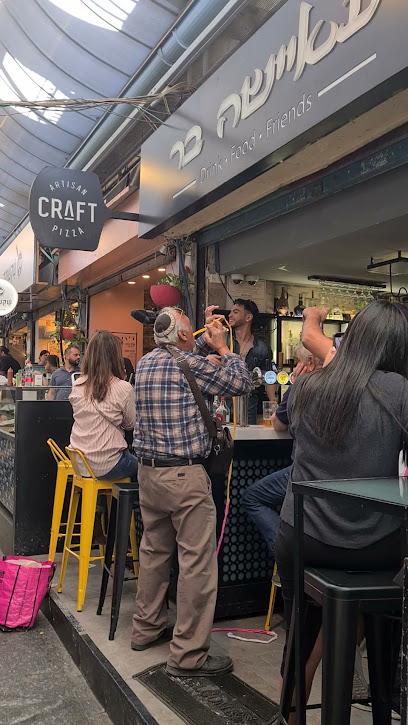
Masada National Park
Discover the historic Masada National Park in Israel, a UNESCO World Heritage Site offering stunning views, rich history, and unforgettable hiking experiences.
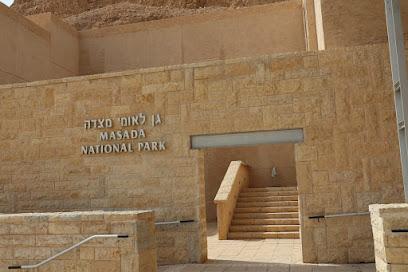
Church of the Holy Sepulchre
Discover the spiritual heart of Jerusalem at the Church of the Holy Sepulchre, a site of profound historical and religious significance.
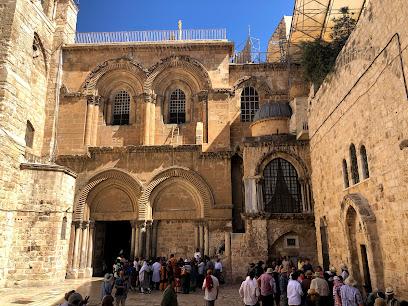
Al-Aqsa Mosque
Explore the Al-Aqsa Mosque in Jerusalem, a historical and spiritual landmark that showcases stunning Islamic architecture and rich cultural heritage.
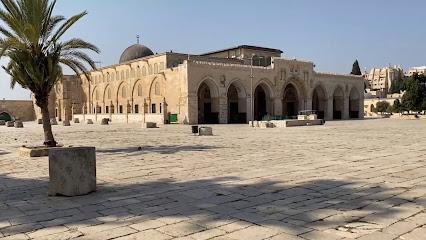
The First Station
Experience the vibrant culture and history of Jerusalem at The First Station, a delightful hub for dining, shopping, and entertainment.
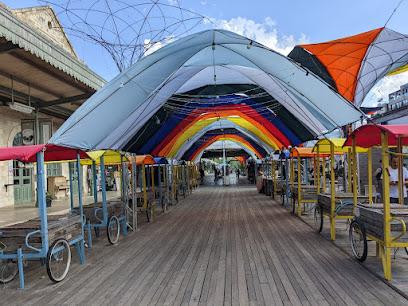
Yad Vashem
Explore Yad Vashem, Israel's Holocaust memorial, and gain deep insights into history, remembrance, and the importance of tolerance.
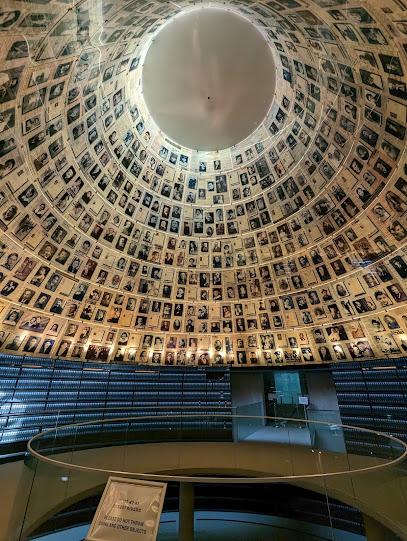
The Israel Museum, Jerusalem
Discover art, history, and culture at The Israel Museum in Jerusalem, home to world-class exhibitions and remarkable archaeological treasures.
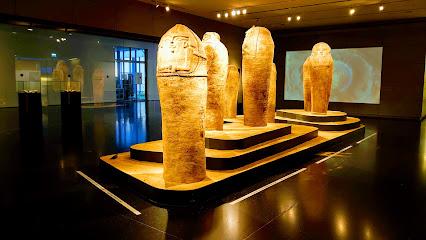
Gethsemane
Explore Gethsemane in Jerusalem, a sacred garden steeped in history and spirituality, featuring ancient olive trees and serene landscapes.
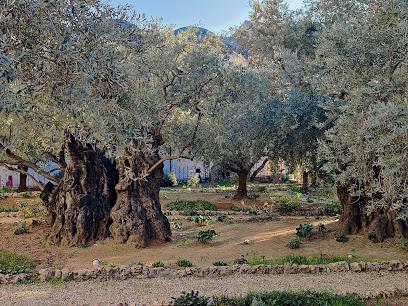
Sacher Park
Discover Sacher Park, an enchanting urban oasis in Jerusalem, perfect for relaxation, recreation, and enjoying nature amidst the city's historical backdrop.
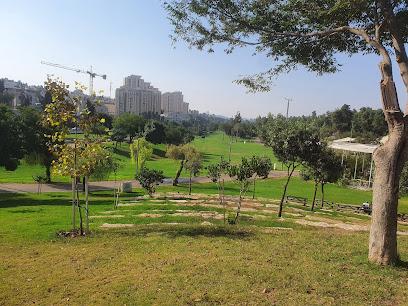
Church of the Nativity
Explore the Church of the Nativity in Bethlehem, a UNESCO World Heritage Site and the birthplace of Jesus, rich in history and spiritual significance.
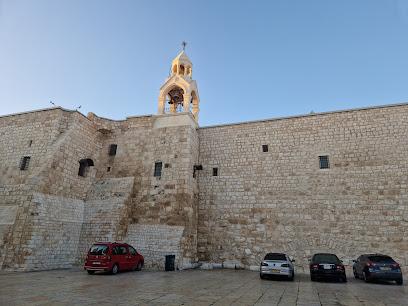
Tower of David
Discover the rich history of Jerusalem at the Tower of David, a captivating museum and ancient citadel offering breathtaking views and engaging exhibits.
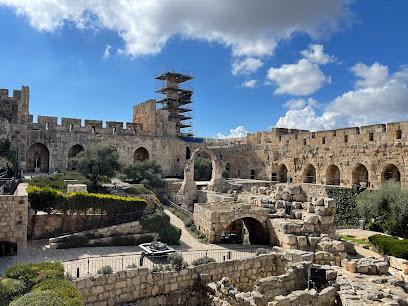
Damascus Gate
Discover the historical significance and vibrant culture at Damascus Gate, the iconic entrance to Jerusalem's Old City, a UNESCO World Heritage site.
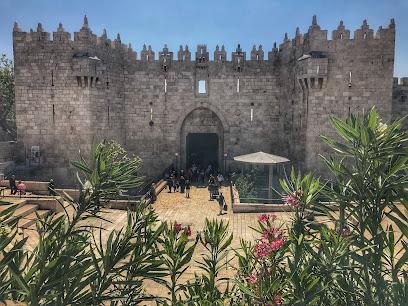
Ma'in Hot Springs
Discover the healing waters and breathtaking landscapes of Ma'in Hot Springs, a serene oasis in Jordan offering relaxation and rejuvenation.

The Garden Tomb Jerusalem
Experience spiritual tranquility and historical depth at The Garden Tomb, an iconic site in Jerusalem that embodies faith and natural beauty.
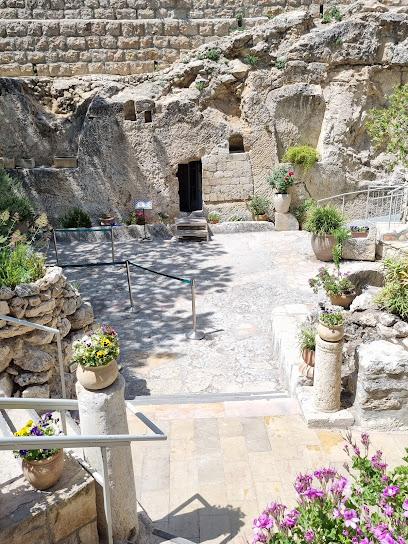
Qumran National Park
Explore Qumran National Park, a historic site in the Judean Desert, where the ancient Essenes once thrived and the Dead Sea Scrolls were discovered.
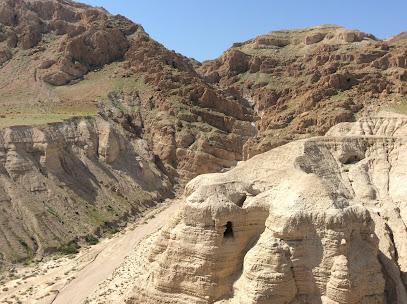
Essential places to dine
Tent Restaurant
Experience authentic Middle Eastern flavors at Tent Restaurant in Bethlehem's Beit Sahour – a culinary treasure worth discovering.
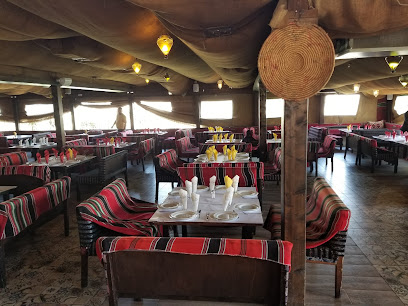
Little Italy
Discover Little Italy in Bethlehem – where authentic Italian flavors meet warm hospitality in a cozy setting.
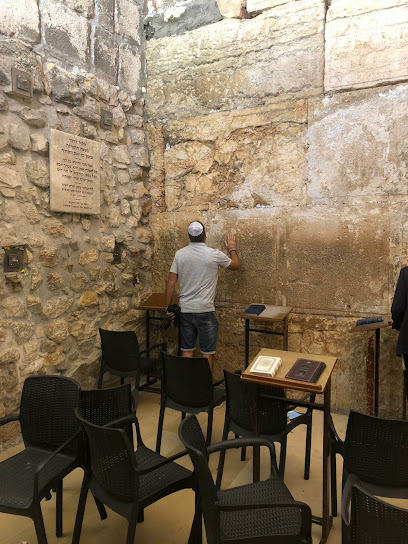
Viendo Restaurant & Cafe
Discover authentic Palestinian cuisine at Viendo Restaurant & Cafe in Bethlehem – where every meal tells a story.
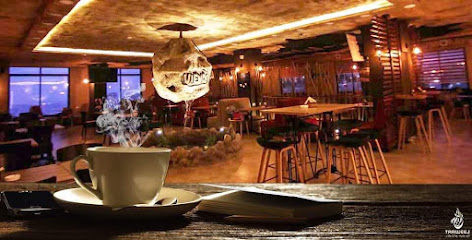
Rewined M&D
Discover the vibrant culinary scene at Rewined M&D in Bethlehem - where local flavors meet an inviting atmosphere.
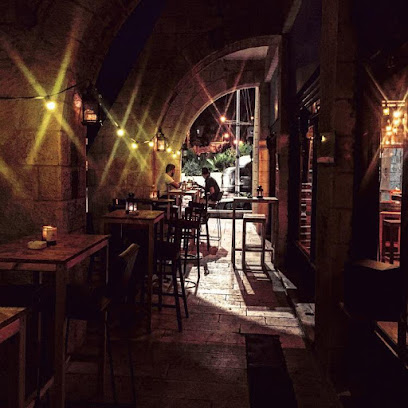
Milano restaurant
Discover the authentic taste of Italy at Milano Restaurant in Bethlehem, where every pizza tells a story of tradition and flavor.
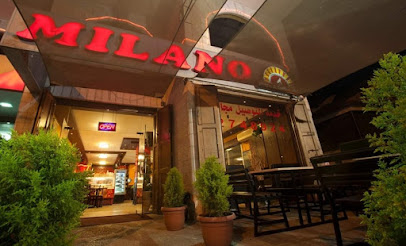
Afteem Restaurant
Experience authentic Palestinian cuisine at Afteem Restaurant in Bethlehem's historic Manger Square.
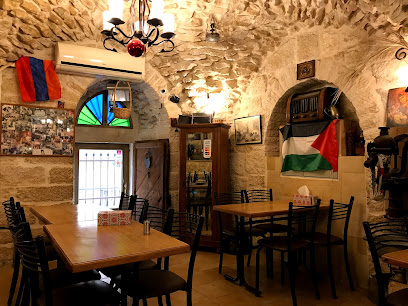
Peace Center Restaurant
Discover authentic Palestinian flavors at Bethlehem's beloved Peace Center Restaurant, where every dish tells a story.
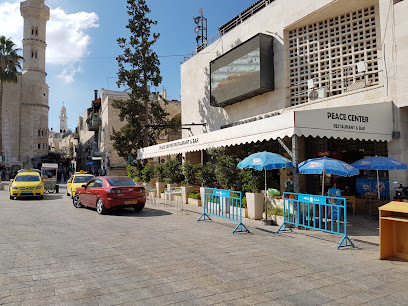
Black Pepper
Experience authentic Palestinian cuisine at Black Pepper in Bethlehem, where each dish tells a story of culture and tradition.
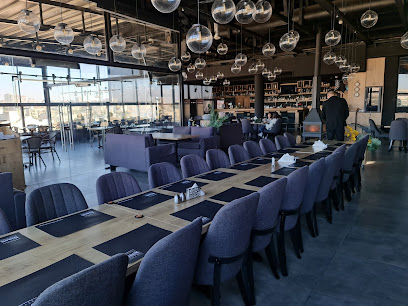
Astoria Cocktail Room
Discover the essence of nightlife at Astoria Cocktail Room in Bethlehem—where exquisite cocktails meet vibrant atmosphere.
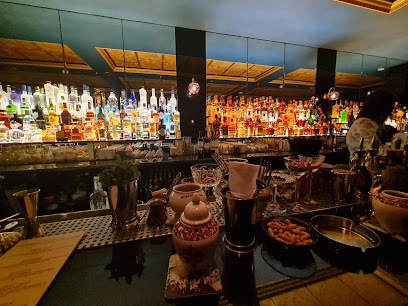
OTTO
Savor authentic Italian dishes at OTTO in Bethlehem - where tradition meets flavor in a cozy atmosphere.
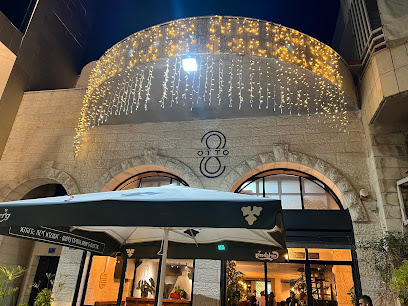
Al Karawan Restaurant
Experience authentic Palestinian cuisine at Al Karawan Restaurant in Bethlehem – where every dish tells a story.
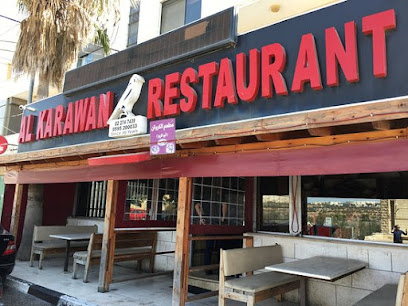
Nirvana Family Restaurant
Experience delightful family dining at Nirvana Family Restaurant with diverse menus and warm hospitality.
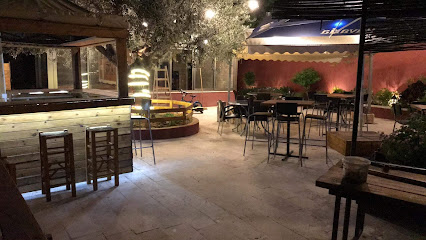
Divano Cafe' & Restaurant
Experience exquisite flavors and warm hospitality at Divano Cafe' & Restaurant in Bethlehem—your culinary oasis amidst historic wonders.
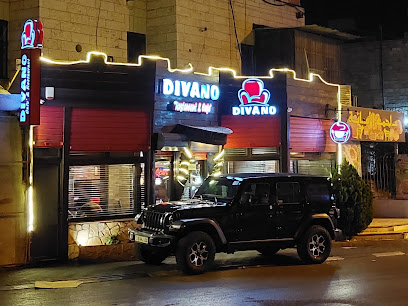
Marvel Restaurant
Experience authentic Palestinian cuisine at Marvel Restaurant in Bethlehem, where every dish tells a story.
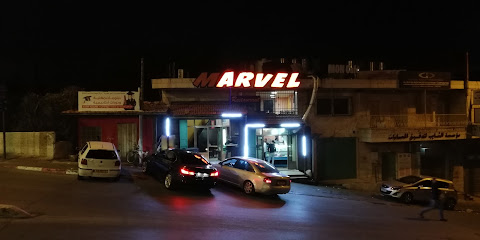
Wij Al Amar
Experience authentic Middle Eastern flavors at Wij Al Amar in Bethlehem - where culinary tradition meets modern dining.
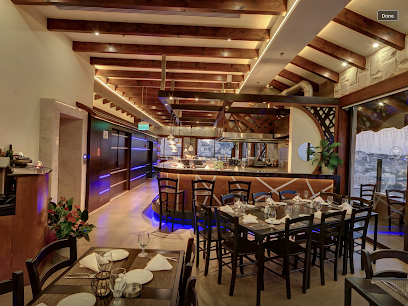
Markets, malls and hidden boutiques
Zak’s Jerusalem Gifts
Explore the rich heritage of Jerusalem through unique antiques and souvenirs at Zak's Jerusalem Gifts, a must-visit for every traveler.
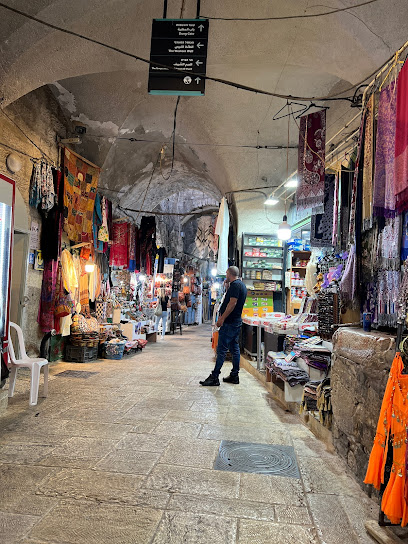
Sabat Mall - صابات مول
Discover local and international brands at Sabat Mall, Bethlehem's shopping gem, offering great dining and a vibrant atmosphere for every visitor.
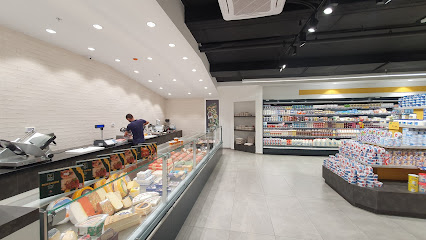
Johnny's Souvenir Shop
Explore Johnny's Souvenir Shop in West Orange for unique gifts and local treasures that capture the spirit of your travels.
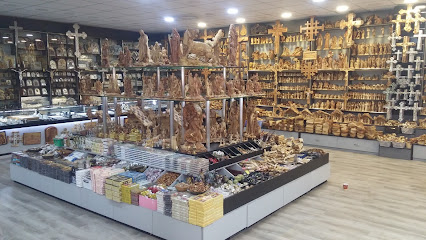
Ville Mall
Explore Ville Mall in Bethlehem – a shopping paradise with diverse stores, delicious dining, and family-friendly entertainment for all.
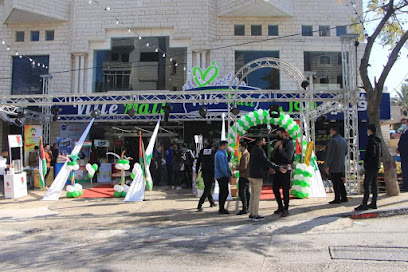
LC WAIKIKI Bethlehem
Explore the fashionable world of LC WAIKIKI Bethlehem, where style meets affordability amidst the rich culture of this historic city.

Rony Tabash - Nativity Store
Discover authentic souvenirs and unique gifts at Rony Tabash - Nativity Store in Bethlehem, where tradition meets craftsmanship.
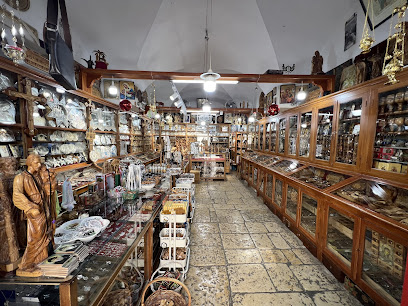
Bethlehem Olive Wood Factory Wholesaler
Explore the rich tradition of olive wood craftsmanship at the Bethlehem Olive Wood Factory, a unique shopping experience in the heart of Bethlehem.
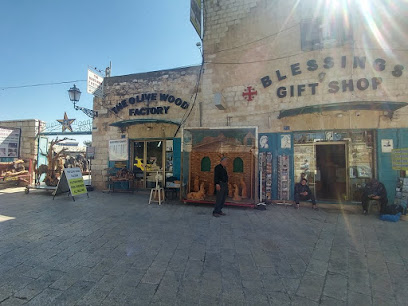
Jerusalem New Souvenir Store
Explore the New Souvenir Store in Jerusalem for unique handcrafted treasures that embody the spirit of this historic city, perfect for every traveler.
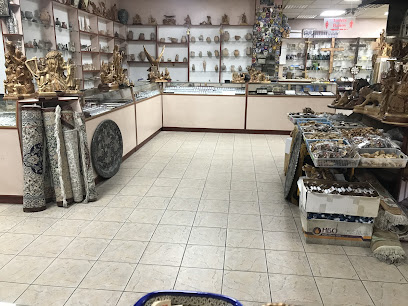
Nissan Brothers- Bethlehem New Store
Explore the rich artistry of Bethlehem at Nissan Brothers, your go-to craft store for unique, handcrafted treasures.
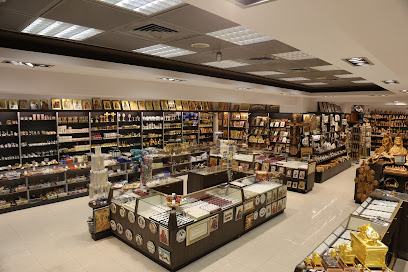
The Jerusalem Gift Shop
Explore The Jerusalem Gift Shop for unique handcrafted treasures and souvenirs that embody the rich cultural heritage of Jerusalem.
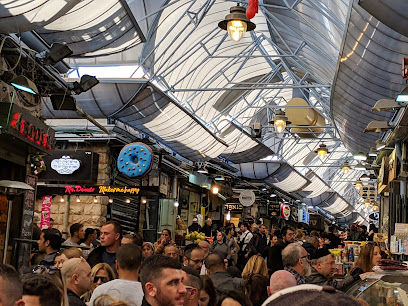
Barbara Shaw Gifts German colony Jerusalem
Explore Barbara Shaw Gifts in Jerusalem for unique souvenirs, kitchenware, and religious items that capture the essence of Israeli culture.
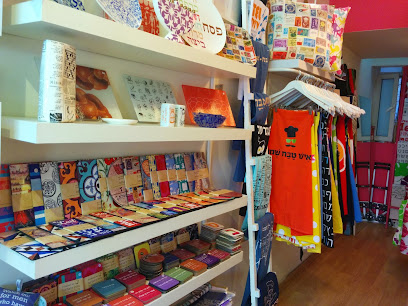
Kings Store
Discover the spiritual essence of the region at Kings Store, where unique religious souvenirs and local craftsmanship come together in a serene setting.
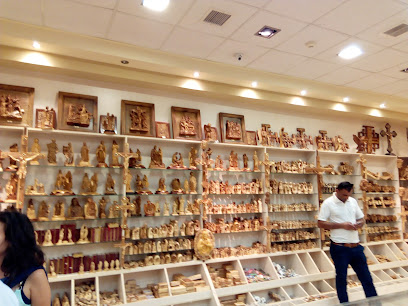
Beit Sahour Souvenir Store
Explore Beit Sahour Souvenir Store for unique gifts, antiques, and authentic Palestinian jewelry that capture the essence of your travels.
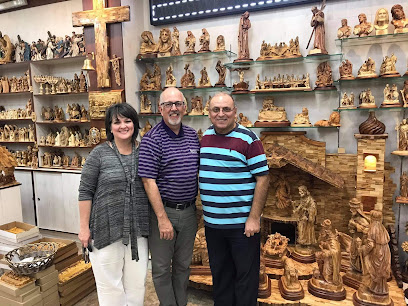
خزانتي Khazanty
Discover chic women's fashion at Khazanty in Bethlehem, where local craftsmanship meets modern style, perfect for every occasion.
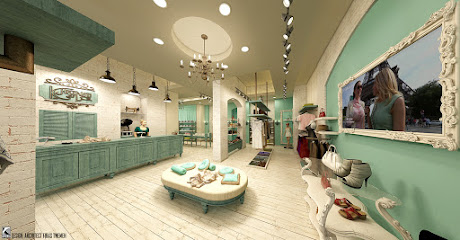
The Three Arches
Discover unique handcrafted souvenirs at The Three Arches in Bethlehem, a true reflection of Palestinian culture and artistry.
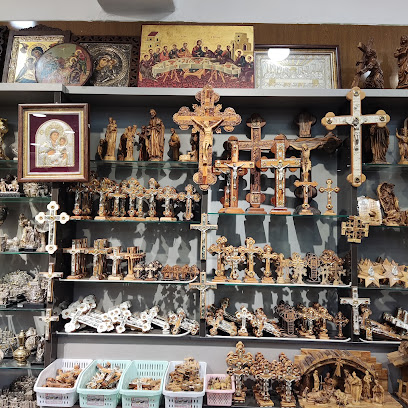
Essential bars & hidden hideouts
Rabbit Hole
Experience the vibrant nightlife of Jerusalem at Rabbit Hole, where innovative cocktails and a cozy atmosphere await you.
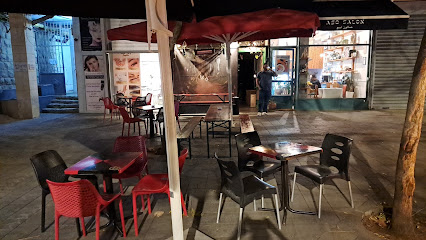
Rewined M&D
Explore the vibrant atmosphere of Rewined M&D in Bethlehem, where delicious food and drinks meet warm local hospitality.
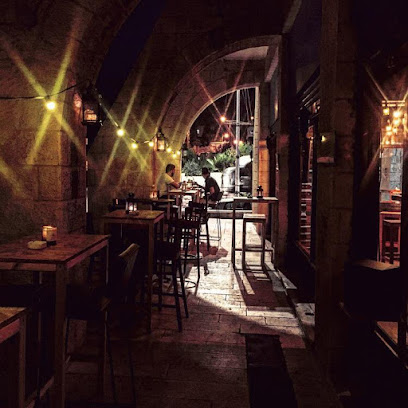
Afteem Restaurant
Savor authentic Palestinian cuisine in the heart of Bethlehem at Afteem Restaurant, where every dish is a celebration of local flavors.
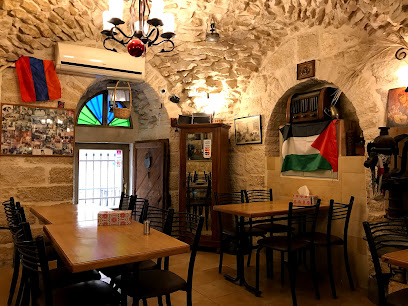
Peace Center Restaurant
Discover the authentic taste of Palestine at Peace Center Restaurant, a culinary haven in Bethlehem offering traditional dishes and warm hospitality.
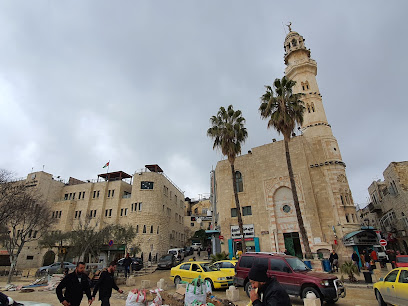
Astoria Cocktail Room
Discover the vibrant Astoria Cocktail Room in Bethlehem, where expertly crafted cocktails and delicious tapas create an unforgettable evening.
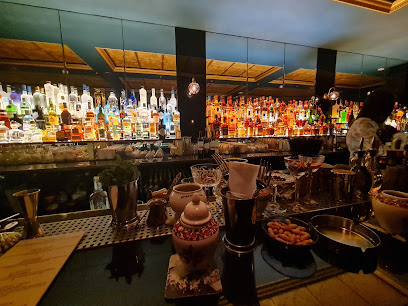
Al Karawan Restaurant
Discover the authentic taste of Bethlehem at Al Karawan Restaurant, where traditional Middle Eastern flavors come to life in a warm and welcoming atmosphere.
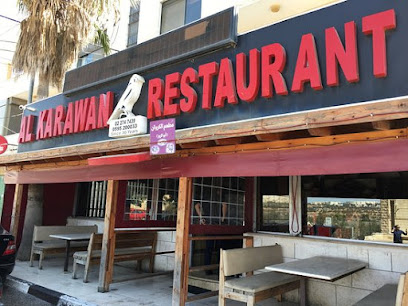
Nirvana Family Restaurant
Experience the rich flavors and warm hospitality at Nirvana Family Restaurant, a culinary oasis for every food lover.
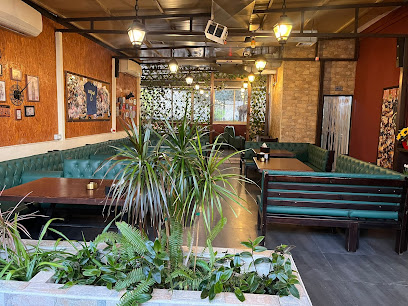
Divano Cafe' & Restaurant
Savor the unique flavors of Bethlehem at Divano Cafe' & Restaurant, where local ingredients meet culinary creativity in a cozy ambiance.
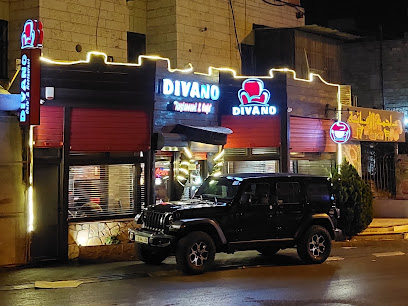
Al-jisser pub
Discover Al-Jisser Pub in Bethlehem, where local flavors and a welcoming atmosphere create the perfect spot for relaxation and socializing.
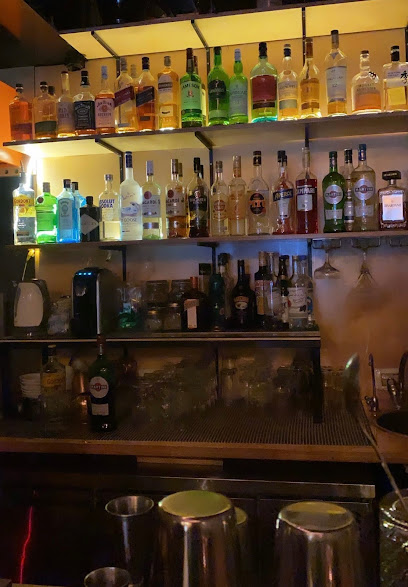
Wij Al Amar
Experience the lively spirit of Bethlehem at Wij Al Amar, where exceptional dining meets vibrant social atmosphere in the heart of the city.
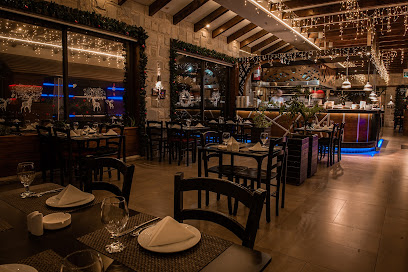
Bonjour Restaurant & Cafe
Discover the essence of Bethlehem's culinary scene at Bonjour Restaurant & Cafe, where local flavors meet a cozy ambiance.
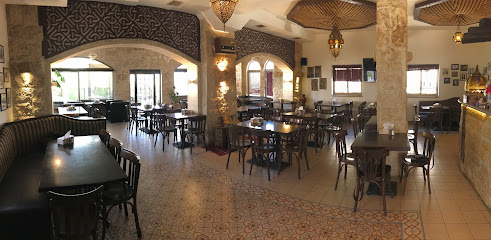
Bevero Lounge
Discover the flavors of Bethlehem at Bevero Lounge, where local cuisine meets a delightful dining experience in a charming atmosphere.
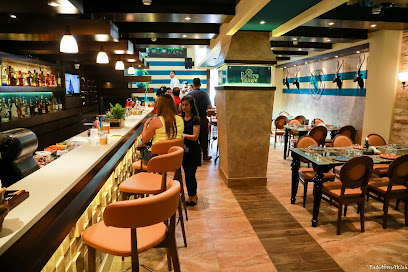
The Barrel
Discover The Barrel, a cozy pub in Bethlehem offering a vibrant atmosphere, great drinks, and a welcoming community vibe for all visitors.
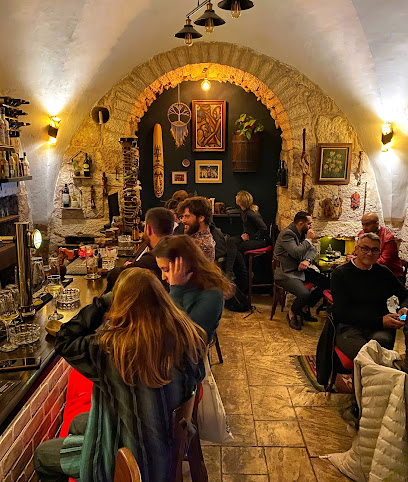
SOUL
Experience the vibrant heartbeat of Bayt Sahur at SOUL, where live music and cultural expression unite for an unforgettable night.
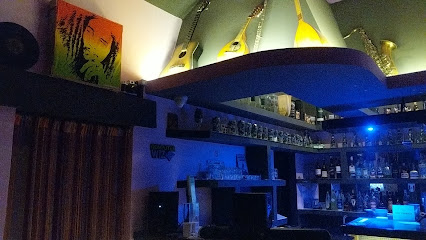
Local Phrases
-
- Helloمرحبا
[Marhaba] - Goodbyeوداعا
[Wada'an] - Yesنعم
[Na'am] - Noلا
[La] - Please/You're welcomeمن فضلك
[Min fadlik] - Thank youشكرا
[Shukran] - Excuse me/Sorryعذرا
[A'zra] - How are you?كيف حالك؟
[Kayf halak?] - Fine. And you?بخير. وأنت؟
[Bikhair. Wa anta?] - Do you speak English?هل تتحدث الإنجليزية؟
[Hal tatahadath al-ingliziyya?] - I don't understandأنا لا أفهم
[Ana la afham]
- Helloمرحبا
-
- I'd like to see the menu, pleaseأريد أن أرى القائمة، من فضلك
[Aridu an ara al-qa'imah, min fadlik] - I don't eat meatأنا لا آكل اللحم
[Ana la akul al-lahm] - Cheers!في صحتك!
[Fi sahtak!] - I would like to pay, pleaseأود أن أدفع، من فضلك
[Awadu an adfa', min fadlik]
- I'd like to see the menu, pleaseأريد أن أرى القائمة، من فضلك
-
- Help!النجدة!
[Al-najdah!] - Go away!اذهب بعيدا!
[Izhab ba'idan!] - Call the Police!اتصل بالشرطة!
[Itasal bial-shurta!] - Call a doctor!اتصل بطبيب!
[Itasal bitalib!] - I'm lostلقد ضللت الطريق
[Lakad dalalt al-tariq] - I'm illأنا مريض
[Ana mareed]
- Help!النجدة!
-
- I'd like to buy...أود أن أشتري...
[Awadu an ashtari...] - I'm just lookingأنا فقط أتفرج
[Ana faqat atfarij] - How much is it?كم سعره؟
[Kam sa'ruh?] - That's too expensiveهذا غالي جدا
[Hatha ghali jiddan] - Can you lower the price?هل يمكنك خفض السعر؟
[Hal yumkinuk khafd al-si'r?]
- I'd like to buy...أود أن أشتري...
-
- What time is it?كم الوقت؟
[Kam al-waqt?] - It's one o'clockالساعة الواحدة
[Al-sa'ah al-wahidah] - Half past (10)النصف بعد (10)
[Al-nisf ba'd (10)] - Morningالصباح
[Al-sabah] - Afternoonالظهر
[Al-dhuhr] - Eveningالمساء
[Al-masa'] - Yesterdayأمس
[Ams] - Todayاليوم
[Al-yawm] - Tomorrowغدا
[Ghadan] - 1واحد
[Wahid] - 2اثنان
[Ithnan] - 3ثلاثة
[Thalatha] - 4أربعة
[Arba'ah] - 5خمسة
[Khamsah] - 6ستة
[Sittah] - 7سبعة
[Sab'ah] - 8ثمانية
[Thamaniah] - 9تسعة
[Tis'ah] - 10عشرة
[Asharah]
- What time is it?كم الوقت؟
-
- Where's a/the...?أين ...؟
[Ayna ...?] - What's the address?ما هو العنوان؟
[Ma huwa al-‘anwan?] - Can you show me (on the map)?هل يمكنك أن تريني (على الخريطة)؟
[Hal yumkinuk an tarini (‘ala al-khariitah)?] - When's the next (bus)?متى القادم (الحافلة)؟
[Mata al-qadim (al-hafilah)?] - A ticket (to ....)تذكرة (إلى...)
[Tazkirah (‘ila...)]
- Where's a/the...?أين ...؟
History of Bethlehem
-
Bethlehem, located in the Judean Hills, holds a rich tapestry of history dating back to ancient times. The city is first mentioned in the Amarna letters of the 14th century BCE, during the period of the Egyptian Empire, where it was a Canaanite settlement. The name Bethlehem means 'House of Bread' in Hebrew, indicating its historical role as an agrarian hub.
-
Bethlehem is perhaps most famous for its role in the biblical narrative. It is cited as the birthplace of King David, Israel's second king and the founder of the Davidic dynasty. The Book of Ruth also places significant events in Bethlehem, where Ruth met Boaz, leading to the lineage that would eventually include David.
-
For Christians worldwide, Bethlehem is revered as the birthplace of Jesus Christ. According to the New Testament, Mary and Joseph traveled to Bethlehem due to a Roman census, and Jesus was born in a manger because there was no room at the inn. The Church of the Nativity, built over the site where Jesus is believed to have been born, is one of the oldest continuously operating churches in the world.
-
The Byzantine Empire's influence in Bethlehem is evidenced by the construction of the original Church of the Nativity in the 4th century by Emperor Constantine and his mother, Helena. The Crusaders later fortified the church in the 12th century, adding to its architectural grandeur. These periods were marked by religious and cultural exchanges, contributing to Bethlehem's rich heritage.
-
Under Ottoman rule from 1517 to 1917, Bethlehem experienced significant changes. The city's economy was largely agrarian, but it also became known for its craftsmanship, particularly in mother-of-pearl and olive wood carvings. The Ottomans also introduced administrative reforms and infrastructural developments, shaping the city's modern landscape.
-
Following the collapse of the Ottoman Empire after World War I, Bethlehem came under British mandate. This period saw increased tensions between different communities, leading to significant demographic shifts. After the 1948 Arab-Israeli War, Bethlehem was governed by Jordan until the Six-Day War in 1967, when it came under Israeli control. Today, Bethlehem is located in the West Bank and is administered by the Palestinian Authority, making it a focal point in the Israeli-Palestinian conflict.
-
Bethlehem's cultural heritage is a blend of its diverse historical influences. The city's old quarters are filled with narrow streets and stone houses, reflecting its ancient origins. Traditional crafts, such as olive wood carvings and mother-of-pearl inlays, continue to thrive. Festivals, such as Christmas, draw visitors from around the world, adding to Bethlehem's vibrant cultural scene.
Bethlehem Essentials
-
Bethlehem is situated just a few kilometers south of Jerusalem. The most common way to reach Bethlehem is by road from Jerusalem. You can take a taxi or a bus from the Jerusalem Central Bus Station. Bus lines 21 and 24 run frequently between Jerusalem and Bethlehem. Alternatively, you can join an organized tour that includes transportation. Be prepared for security checks at the checkpoints between Israel and the West Bank.
-
Once in Bethlehem, getting around is relatively easy. Taxis are readily available and are a convenient way to navigate the city. You can also use shared taxis, known as 'servees,' which are cheaper and follow fixed routes. Walking is another viable option for exploring the Old City and nearby attractions. For longer trips, consider renting a car, but be mindful of local driving customs and road conditions.
-
The official currency in Bethlehem is the Israeli Shekel (ILS). Credit cards are widely accepted in hotels, restaurants, and larger shops, but it is advisable to carry some cash for smaller establishments and markets. ATMs are available throughout the city, especially in tourist areas. It's a good idea to withdraw sufficient cash in advance, as some ATMs may have limited availability.
-
Bethlehem is generally a safe destination for tourists, but it is important to exercise standard precautions. Avoid walking alone at night in unfamiliar areas and be cautious with your belongings in crowded places. The Old City is well-patrolled, but neighborhoods like Aida Camp and Dheisheh Camp can experience occasional unrest. Stay informed about the current political situation and follow local advice.
-
In case of emergency, dial 100 for police assistance and 101 for medical emergencies. Bethlehem has several medical facilities, including the Holy Family Hospital and Caritas Baby Hospital. It is recommended to have travel insurance that covers medical emergencies. For minor health issues, pharmacies are available throughout the city where you can purchase over-the-counter medications.
-
Fashion: Do dress modestly, especially when visiting religious sites. Avoid wearing revealing clothing. Religion: Do respect local customs and traditions. Always cover your head when entering churches and mosques. Public Transport: Do be respectful and give up your seat to elderly passengers. Don’t eat or drink on public transport. Greetings: Do greet people with a smile and a handshake. A friendly 'Marhaba' (Hello) is appreciated. Eating & Drinking: Do try local delicacies and accept food offerings graciously. Don’t refuse hospitality, as it is considered impolite.
-
To experience Bethlehem like a local, visit the bustling Old City markets and try the traditional Palestinian dishes such as Maqluba and Musakhan. Engage with locals, who are often friendly and willing to share stories about the city's history and culture. Don’t miss visiting the Church of the Nativity, Manger Square, and the Milk Grotto. For a unique experience, take a walk along the Bethlehem Wall and view the street art and murals that depict the region's history and struggles.
Trending Landmark in Bethlehem
-
Church of the Nativity
-
Chapel of the Shepherds’ Field
-
Nativity Hotel
-
Shepherds' Field
-
Solomon's Pools
-
Milk Grotto Church
-
Palestinian Heritage Center
-
Rachel's Tomb
-
Convention Palace Company - CPC
-
Taxi Ali Bethlehem Tours services
-
House Of Peace
-
Herodion Hotel Bethlehem
-
Bab IdDeir Gallery & Kitchen
-
Bethlehem Cave
-
Chapel of Saint Catherine
Nearby Cities to Bethlehem
-
Things To Do in Jerusalem
-
Things To Do in Modi'in
-
Things To Do in Dead Sea
-
Things To Do in Ein Gedi
-
Things To Do in Masada
-
Things To Do in Holon
-
Things To Do in Ashdod
-
Things To Do in Ramat Gan
-
Things To Do in Madaba
-
Things To Do in Jaffa
-
Things To Do in Hod Hasharon
-
Things To Do in Tel Aviv
-
Things To Do in Kfar Saba
-
Things To Do in Herzliya
-
Things To Do in Salt










